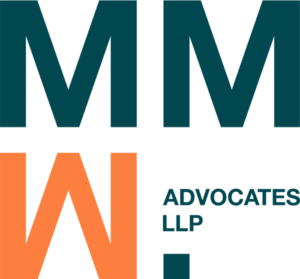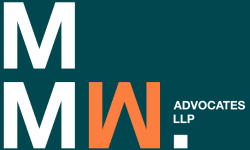On 11th March 2020, the World Health Organization (WHO) declared COVID-19 a global influenza pandemic. On 15th March 2020, His Excellency Hon. Uhuru Kenyatta, in an effort to prevent the spread of the disease in Kenya, encouraged (but did not compel) businesses to allow employees to work from home.
Noting that our Labour laws do not contemplate actions to be undertaken by employers and employees in the event of a public health crisis, MMW Advocates will issue a series of articles to offer guidelines on the effects of the pandemic as against our Labour Laws.
SICK LEAVE
In the event an employee contracts coronavirus, there are certain legal obligations on both the employer and the employee which we have condensed hereunder for guidance;
An employee has a mandatory obligation to notify the employer that he is sick, and failure to do so is tantamount to absconding from work which is subject to disciplinary sanctions;
An employee who is sick and requires sick leave must produce to the employer a sick leave note or certificate issued by a qualified medical practitioner
An employee is only entitled to sick leave after 2 months of service;
That once an employee has qualified for sick leave, they are entitled to 7 days of sick leave with full pay, and if the sickness progresses, then they are entitled to a further 7 days of sick leave but at half pay making that a total of 14 days of sick leave per annum;
The Regulation of Wages (General) Order, however provides that an employee is entitled to 30 days on full pay followed by 15 days on half pay, making that a total of 45 days of sick leave per annum;
When issues of sick leave have been litigated upon, the court has held that it will always apply terms that are favorable to an employee and thusly, an employee can successfully claim to be entitled to 45 days of sick leave and the court would uphold such a claim;
When there are contractual terms, Collective Bargaining Agreements or Policies that provide for a longer period than what the law provides, then the company will be bound to adhere to those terms.
WHAT IS THE BEST PRACTICE DURING THIS PANDEMIC PERIOD?
As earlier stated, our Labour laws were not made in contemplation of the current pandemic and there is need for businesses to be cognizant of the fact that we are in an unprecedented public health crisis where the mitigation of the spread of the disease takes precedence over strict and literal contractual duties and limitations.
This therefore means that even where an employee is not be entitled to sick leave but is suspected of having the virus, logic and public health policies dictates that the employer should place economic considerations aside.
Best practice thusly prescribes that where an employee is suspected to have been infected by the virus, they should be allowed to take sick leave by the employer, for purposes of self-quarantine or self-isolation for 14 days. This is for the sake of protecting the other employees, the employer, their families, the work environment and the public at large.

